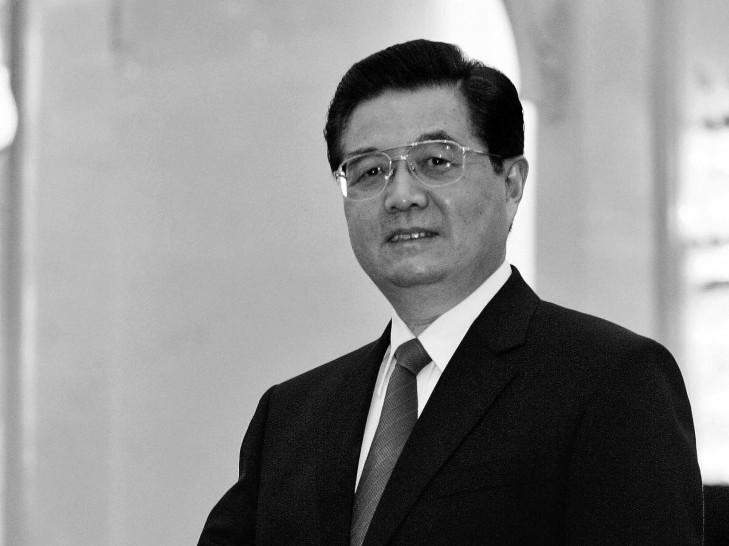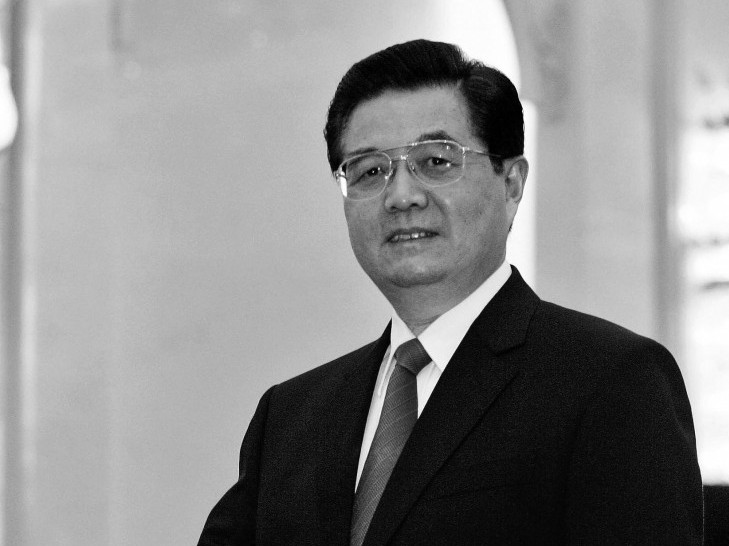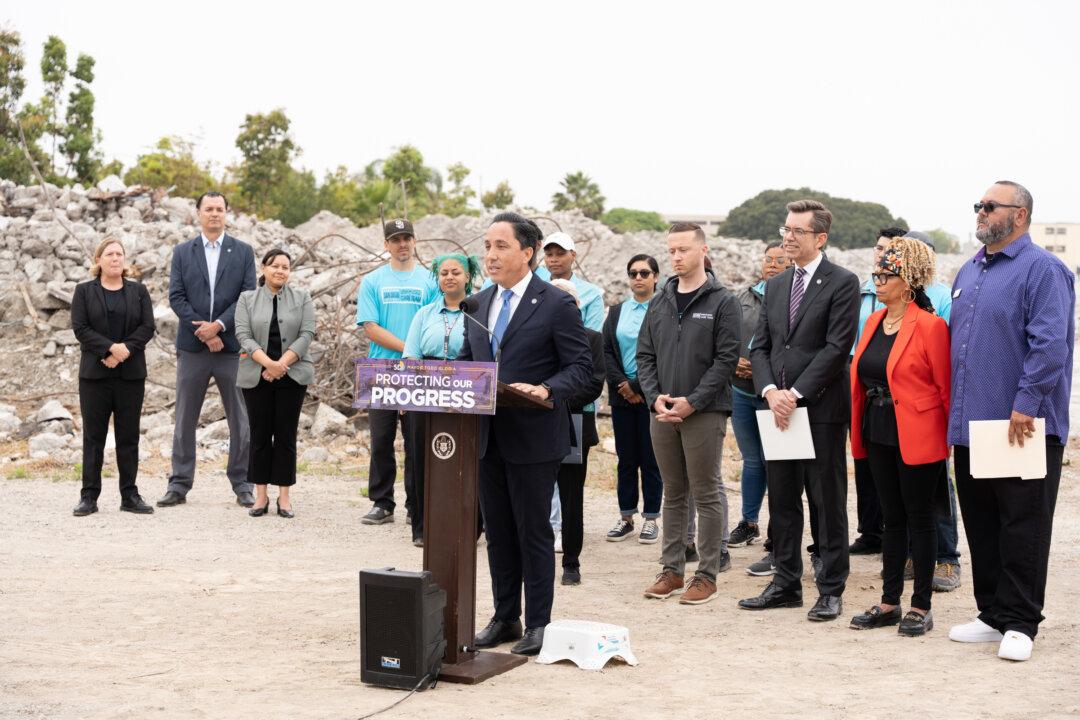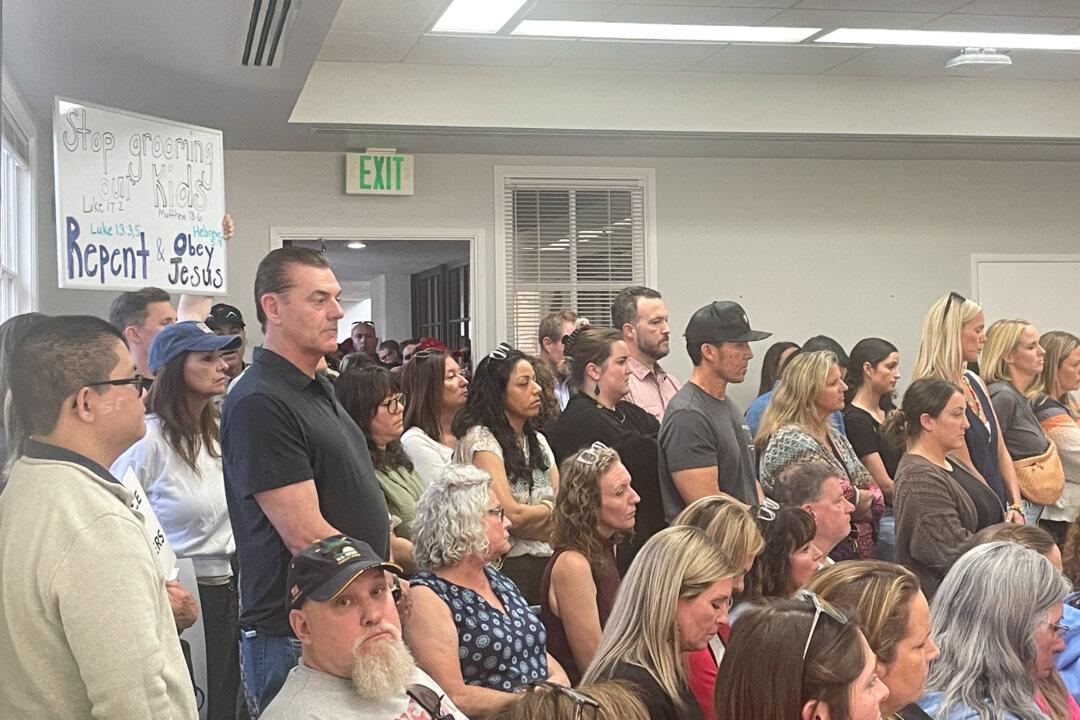Hu Jintao Takes Aim at China’s Top Cop
Since Bo Xilai was sacked on March 15, Zhou Yongkang, China’s top cop, has become the focal point of the power struggle raging on in the Chinese Communist Party’s (CCP’s) top leadership circle.
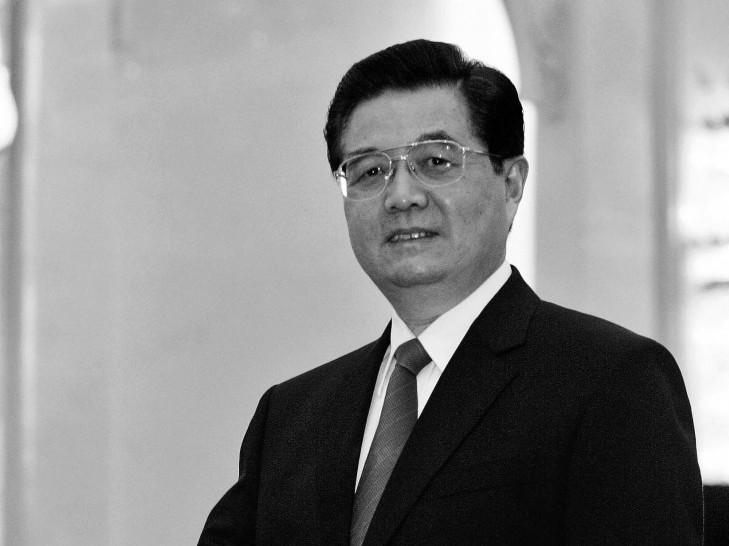
Hu Jintao. Elizabeth Dalziel/AFP/Getty Images
|Updated:
